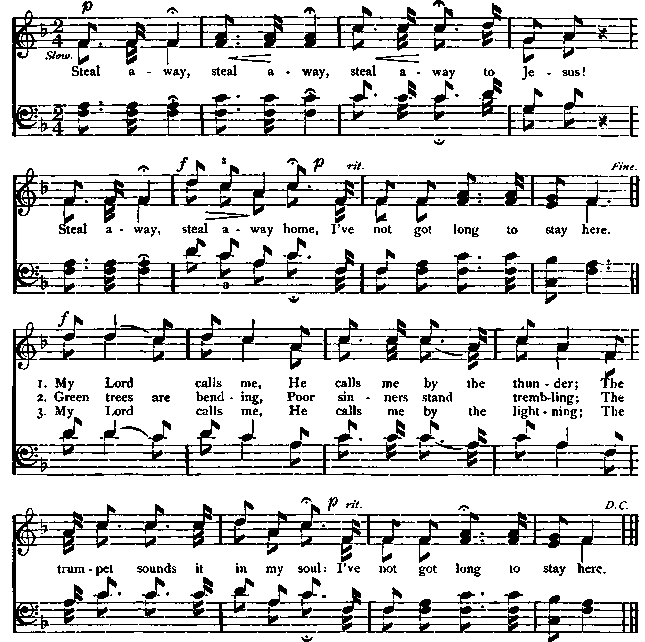Franklin Square Song Collection - online songbook
200 favorite songs and Hymns for Schools, Homes Lyrics & Sheet Music
| Share page | Visit Us On FB |
|
Io8 FRANKLIN-SQUARE SONG COLLECTION. |
|||
|
In the Schools.—No one thing has done more for music in the past twenty years than its introduction as an integral part of our common school education. In the large cities and suburban towns little seems left to desire in that direction. From the time children at the age of five enter the primary school till at the age of sixteen or eighteen they graduate from the high or normal school, music is as much a part of their training as the multiplication table and spelling book. The next generation will see what we foresee, and reap the harvest this generation is so wisely sowing. If, as we contend, |
music is in itself purifying and elevating, if it can displace and crowd out baser pleasures by giving innocent recreation and excitement to a people that must be amused, a people who must be busy for good or for evil, we can not have too much of it. It can not enter too largely or too deeply into the system of common-school education. In curious juxtaposition in an English paper a short time since was a statement that Dean Stanley had no appreciation of music, and was averse to its introduction into state systems of education; in another column was a report of one of Dean Stanley's addresses on the condi- |
||
|
STEAL AWAY. |
Slave Hymn. |
||
 |
|||
|
tion of the working classes, lamenting with an evident surprise that while so much had been done within the last twenty years to lessen intemperance among the gentry, so little comparatively had been effected among the laboring class. The inference is natural and not far-fetched which assumes a need among that very working class which had remained unheeded, unsupplied. The gentleman has his elegant home, his intellectual entertainments; an atmosphere of grace and beauty surrounds him, or is easily attainable; his craving for excitement, for a life apart |
from his labor, is gratified with scarcely an effort on his part. The man less fortunately situated needs recreation and stimulus even more than the other. Warmth, light, companionship, he must have. The gin-palace offers them, ruining body and soul, while it affects to comfort both. Tear down the rum-shop, turn the trades-union into a choral society, bring good music with attractive surroundings before him, educate his children to take part in grand old folksongs, glees, and madrigals, and in a generation a strange revolution would be wrought.—Ellis Gray. |
||